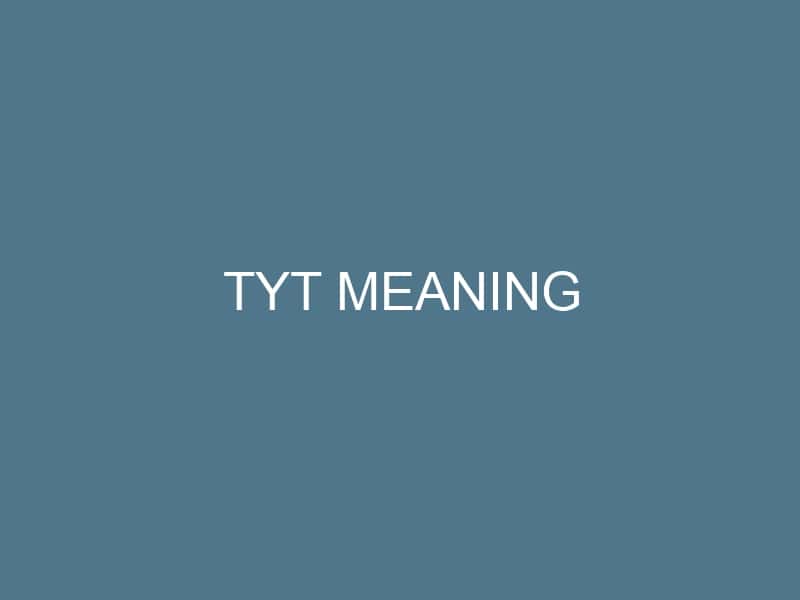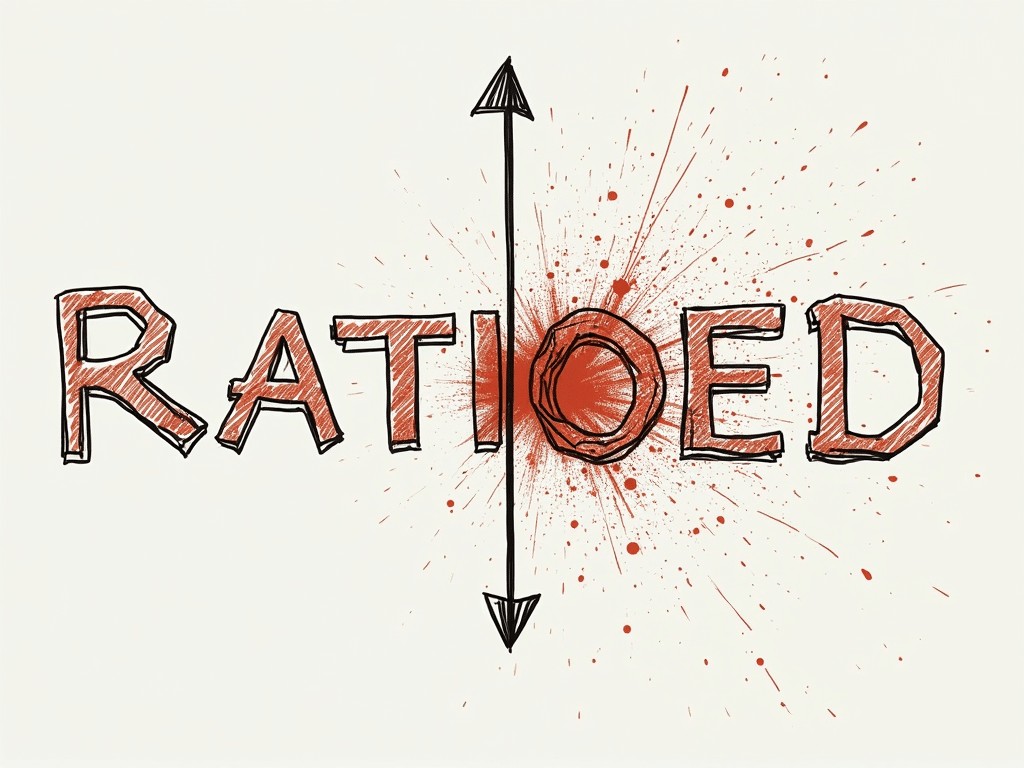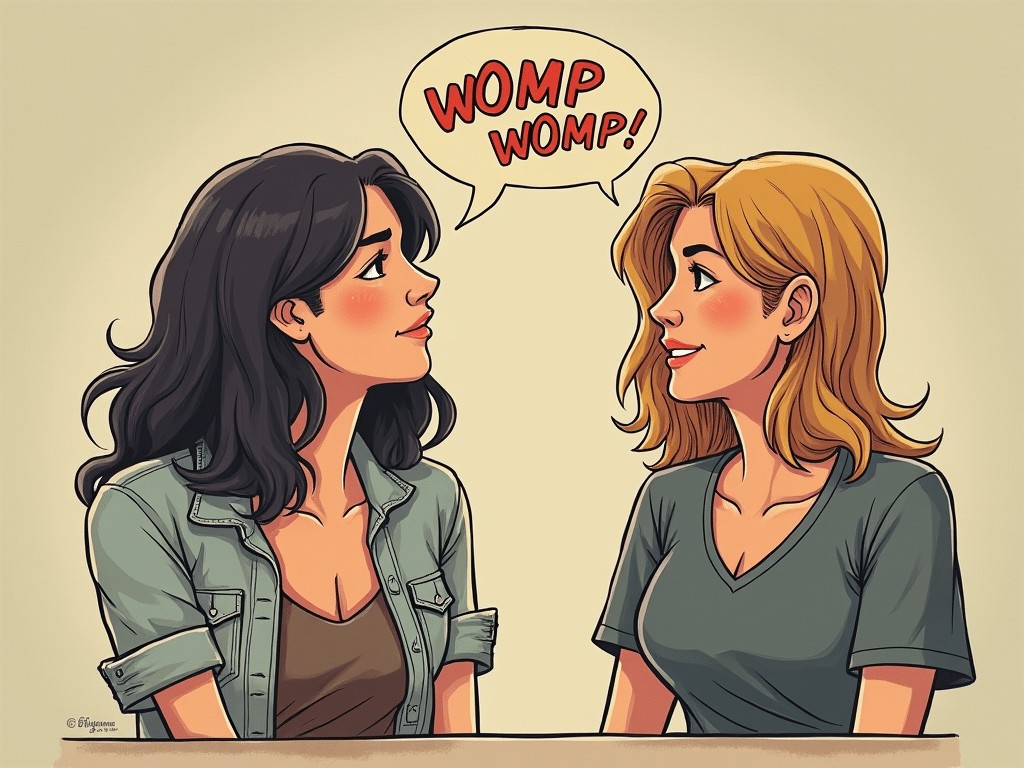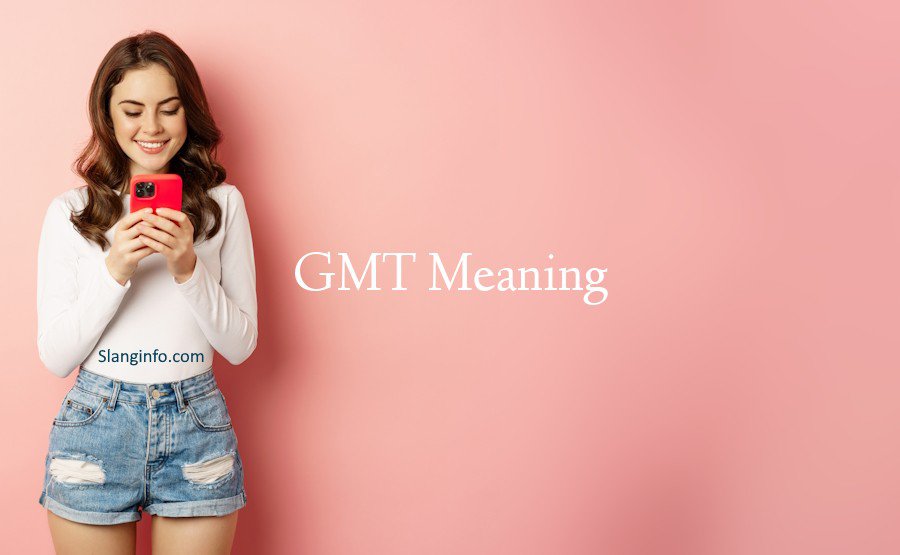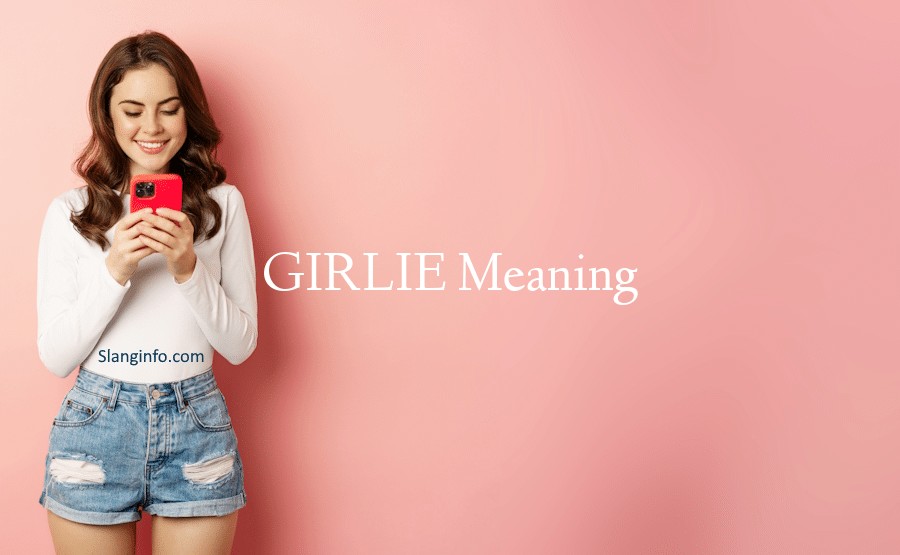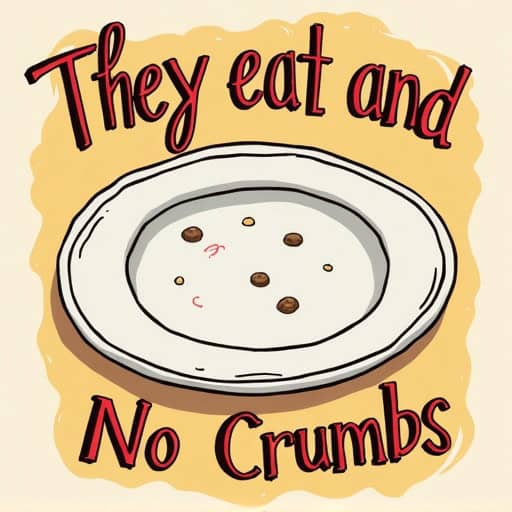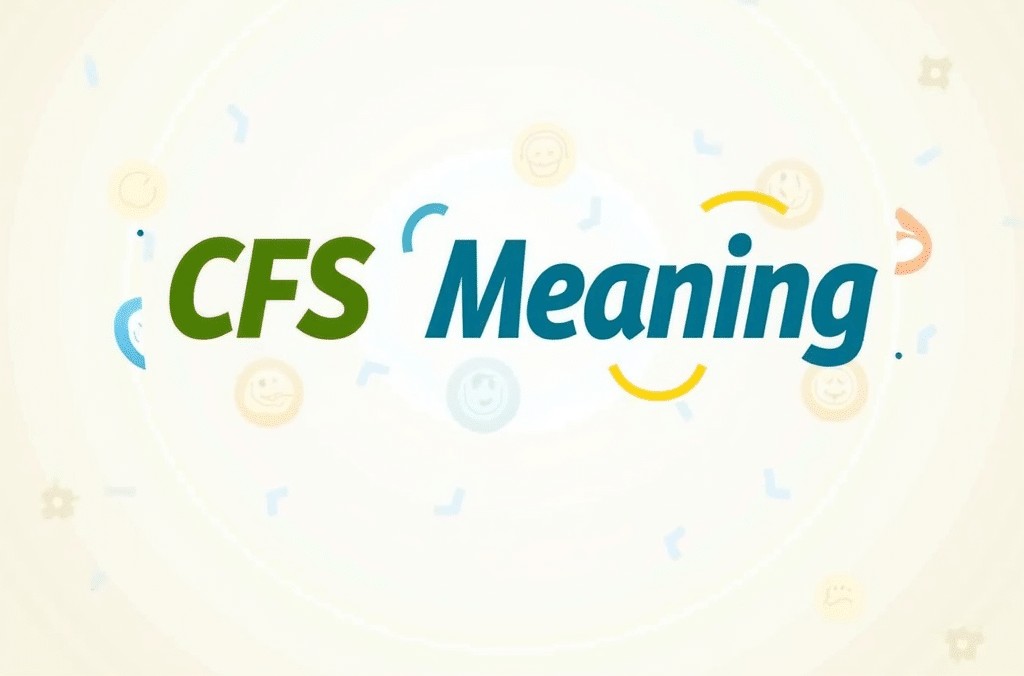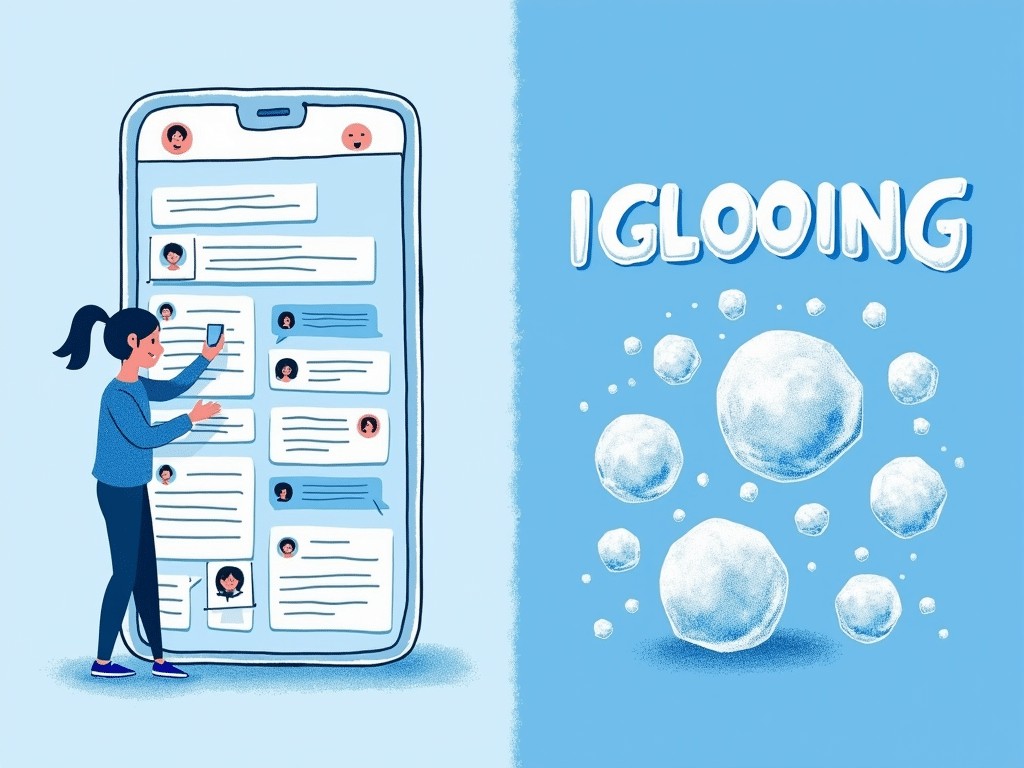WOKE Meaning
Feeling woke today? If you’ve been scrolling through TikTok or Twitter lately, you’ve probably encountered this term. But what does it actually mean to be woke in a world full of memes, hashtags, and heated social media debates? Let’s spill the tea on this multi-layered word that has become a polarizing buzzword—embraced by some and criticized by others!
Introduction
The focus keyword, woke, has transformed from a cultural staple into a social media sensation. Originating from African American Vernacular English, the term has surged through social justice movements and ignited passionate discussions about awareness, privilege, and social change. But before we dive deeper, it’s essential to clarify exactly what being woke means in our digital and real-world contexts. Buckle up; we’re unraveling the complexities of this important term!
Key Takeaways
| Meaning | Aware of social and racial injustices. |
|—————————–|—————————————————————–|
| Usage | Commonly used to highlight social awareness. |
| Example | She’s so woke, she’s always advocating for equality. |
| Meaning | Awareness of systemic inequalities and social issues. |
|—————————–|—————————————————————–|
| Usage | Used to commend or criticize someone’s social consciousness. |
| Example | If you don’t know about systemic racism, are you really woke? |
WOKE Meaning
At its core, being woke is all about having an acute awareness of societal issues, especially those tied to race and social justice. It’s not just a feel-good label; it’s an active commitment to recognize, challenge, and change systemic inequalities. Activist Dr. Angela Davis puts it perfectly: “To be woke is to be in a constant state of learning and unlearning.” This encapsulates the essence of being woke—it’s about making an ongoing effort to fight biases and pursue social justice.
WOKE Meaning in Text
In texting and social media, the term woke often pops up in discussions around activism. It’s frequently used to highlight someone who is socially conscious or to make a point about injustices. You might see it slung in hashtags like #StayWoke, where users encourage others to be vigilant and mindful of social issues.
WOKE Meaning in Instagram
On platforms like Instagram, being woke can mean sharing articles about social issues or joining conversations surrounding injustices. For example, if someone posts a graphic about climate change on their story, and a follower comments, “You’re so woke for caring about this,” it’s a compliment that highlights their social awareness.
WOKE Meaning in TikTok
TikTok amplifies the woke culture by allowing creators to express their opinions on social matters in a snappy way. A TikTok video might outline ways to be more woke by promoting sustainable practices, making it fun and shareable. The viral nature of this platform helps spread awareness quickly, allowing important discussions to reach wider audiences.
WOKE Meaning in Reddit
On Reddit, discussions around being woke can get pretty heated! Subreddits dedicated to activism often promote posts detailing personal experiences with inequality. A user might comment, “I had no idea how woke my friend was until I read their post about privilege.” This shows how being woke can lead to collective learning within communities.
WOKE Meaning in Twitter
Twitter is home to many discussions about being woke, especially through trending hashtags. Activists often use this platform to call out injustices or support movements. If someone tweets, “If you’re not educating yourself, are you really woke?” it’s a challenge to others to engage more deeply with social issues.
Popularity & Trends
The word woke has seen a fascinating evolution over the decades. Here’s a quick timeline:
– 1930s: The term first appeared in Lead Belly’s protest song “Scottsboro Boys.”
– 1960s: Gained traction during the Civil Rights Movement, as activists highlighted racial injustices.
– 2000s: Popularized by music, especially in Erykah Badu’s 2008 song “Master Teacher.”
– 2010s: Woke became mainstream with the rise of the Black Lives Matter movement.
As someone invested in activism since hearing this term in community discussions, it’s intriguing to see how woke transitioned from a local vernacular into a national talking point. Nowadays, it’s accompanied by hashtags and entire cultures devoted to amplifying its message!
Examples
Here are two examples that show the influence and range of woke culture:
1. Social Media Activism: The hashtag #StayWoke reached its peak during the Black Lives Matter protests. It was a rallying cry urging everyone to stay informed and aware of issues affecting marginalized communities.
2. Corporate Initiatives: Brands like Nike and Patagonia have embraced woke culture by launching diversity and inclusion initiatives. By featuring people from various backgrounds in their campaigns, they aim to reflect societal diversity, showing that woke isn’t just a personal choice; it can be a brand’s ethos!
Conclusion
Ultimately, being woke signifies an important message about awareness and action around social justice issues. Its journey from African American Vernacular English to a buzzworthy term in daily conversations tells us a lot about how language and cultural dynamics evolve. While it faces criticism and can become a flashpoint for debate, the underlying principles of empathy, awareness, and engagement in social issues are timeless.
So, whether you’re all about the woke life or just learning the lingo, remember: your awareness can help pave the way for a more equitable world! Navigate these discussions with intention, and you might just help create meaningful change in your communities. For more slang insights and cultural discussions, dive into our articles on BUSSIN meaning and FR meaning.

